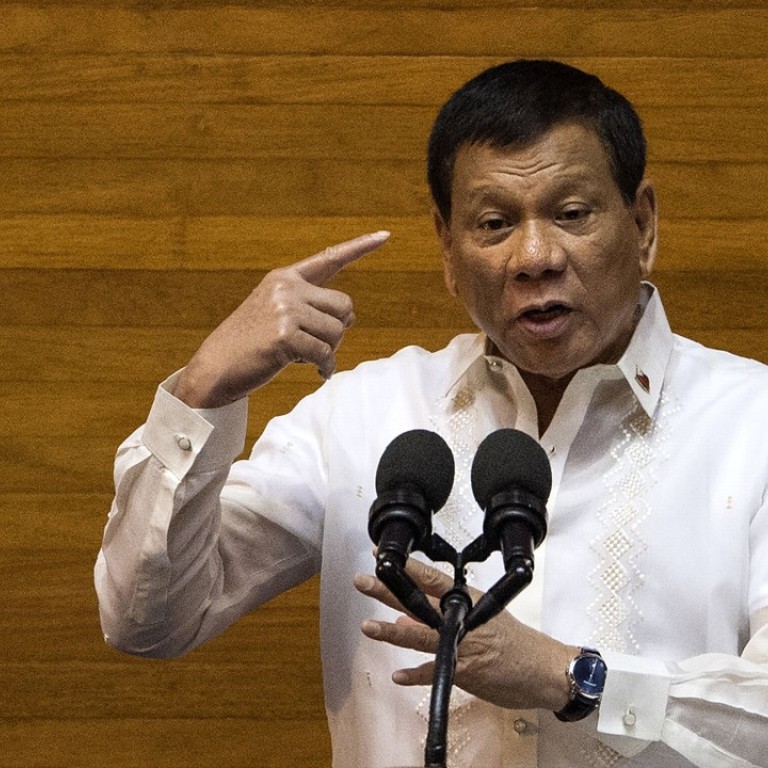
Duterte’s martial law extension renews fears of authoritarianism in the Philippines
- Critics of the president see the extension of military rule in Mindanao as part of a growing crackdown on dissent
Rights activists in the Philippines are sounding the alarm after President Rodrigo Duterte decided to extend martial law in the country’s restive south.
Duterte on Wednesday approved “in principle” army and police recommendations to prolong military rule in Mindanao, the second-largest island in the Philippines, despite the end of an Islamist insurgency in the city of Marawi that prompted its declaration in 2017.
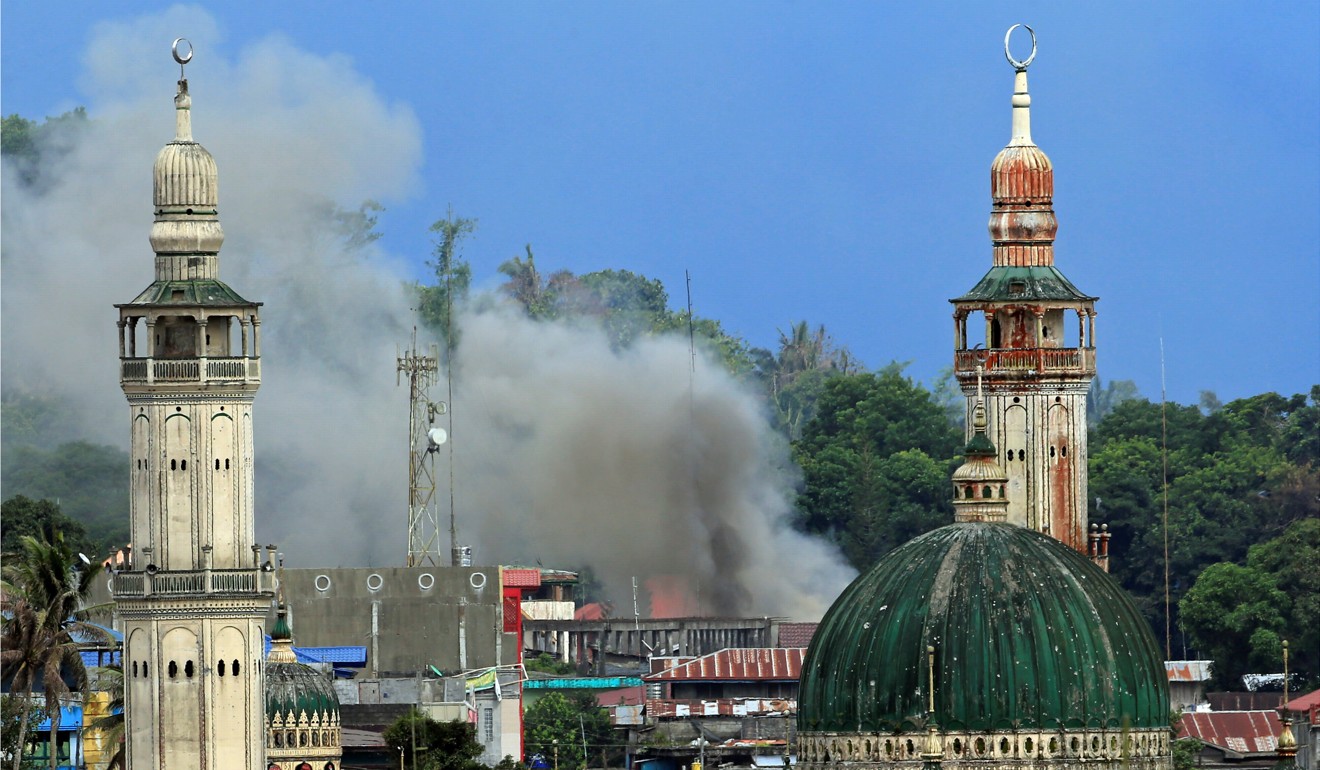
Philippine National Police Chief Oscar Albayalde insisted the move was not a precursor to martial law across the country, although Duterte said last year “all options” were on the table.
“It’s really distressing,” said Luis Teodoro, a board member at the Centre for Media Freedom and Responsibility. “Part of the context now is the creeping authoritarianism that is going on – one-third of country is under martial law – and they are going to extend it.”
After fleeing violence at house, Myanmese girls face pressured marriage, childbirth in China
“Mr Duterte himself has already asked, ‘Why do I have to declare martial law over the country? I could kill you, arrest you if I want,’” said Teodoro. “He’s said that on the record.”
The president’s decision came just over a week after he threatened to create a “Duterte death squad” to deal with Maoist insurgents.
As mayor of Davao City, Duterte was accused of being linked to “Davao Death Squad” vigilantes blamed for the extrajudicial killings of more than 1,000 suspected criminals.
On Tuesday, Defence Secretary Delfin Lorenzana announced plans to set up a special unit to counter the communist New People’s Army, one of a number of insurgent groups in Mindanao, sparking concern the unit may be a new “death squad”.
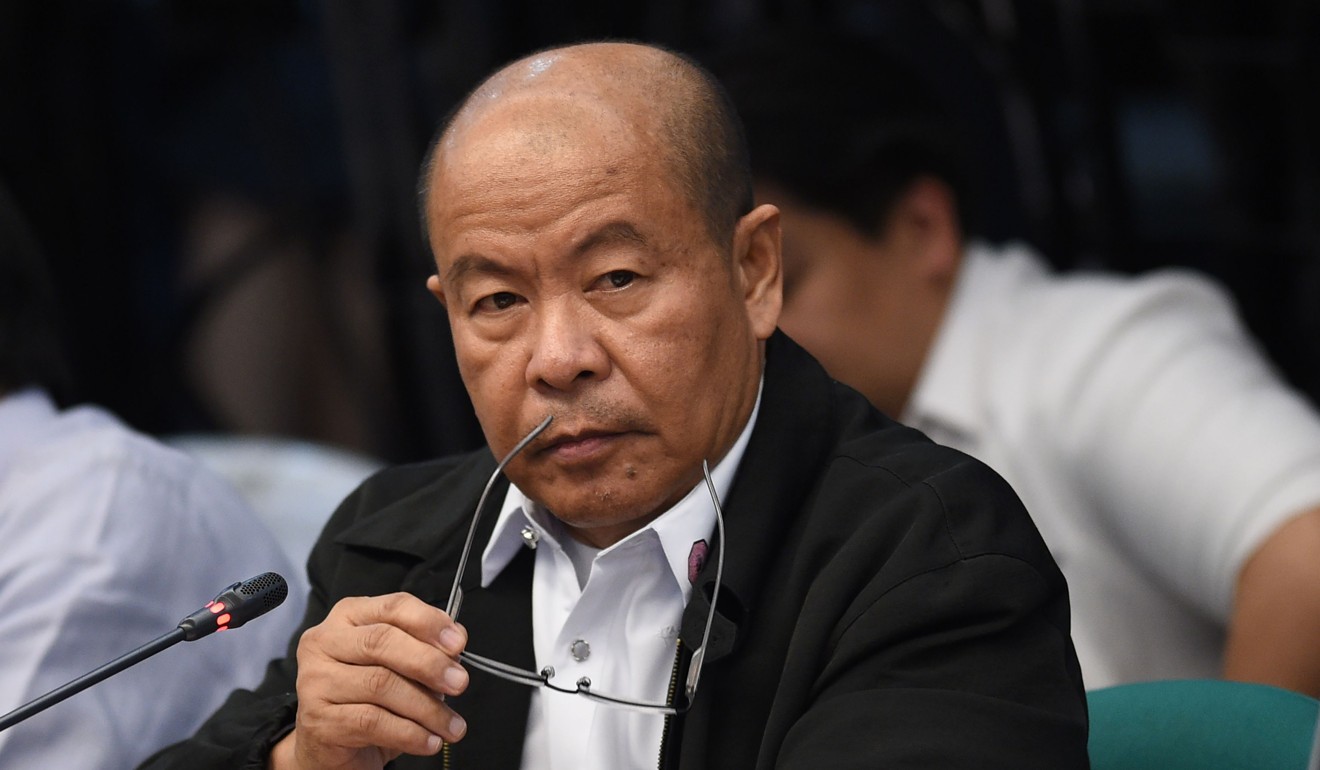
Last year, retired policeman Arthur Lascanas told the Senate that he led the DDS group and received up to 100,000 pesos (US$1,900) per killing. Lascanas also admitted to the murder of Jun Pala, a broadcaster critical of Duterte.
His claims contradicted earlier testimony in which he denied DDS existed, calling it “media hype”.
Duterte declared martial law in Mindanao after a failed raid on Islamists militants in the southern city of Marawi escalated, with some local Muslims joining in the fight. The law, which has been extended twice, applies to the whole island, which is home to about a fifth of the country’s population of 105 million people.
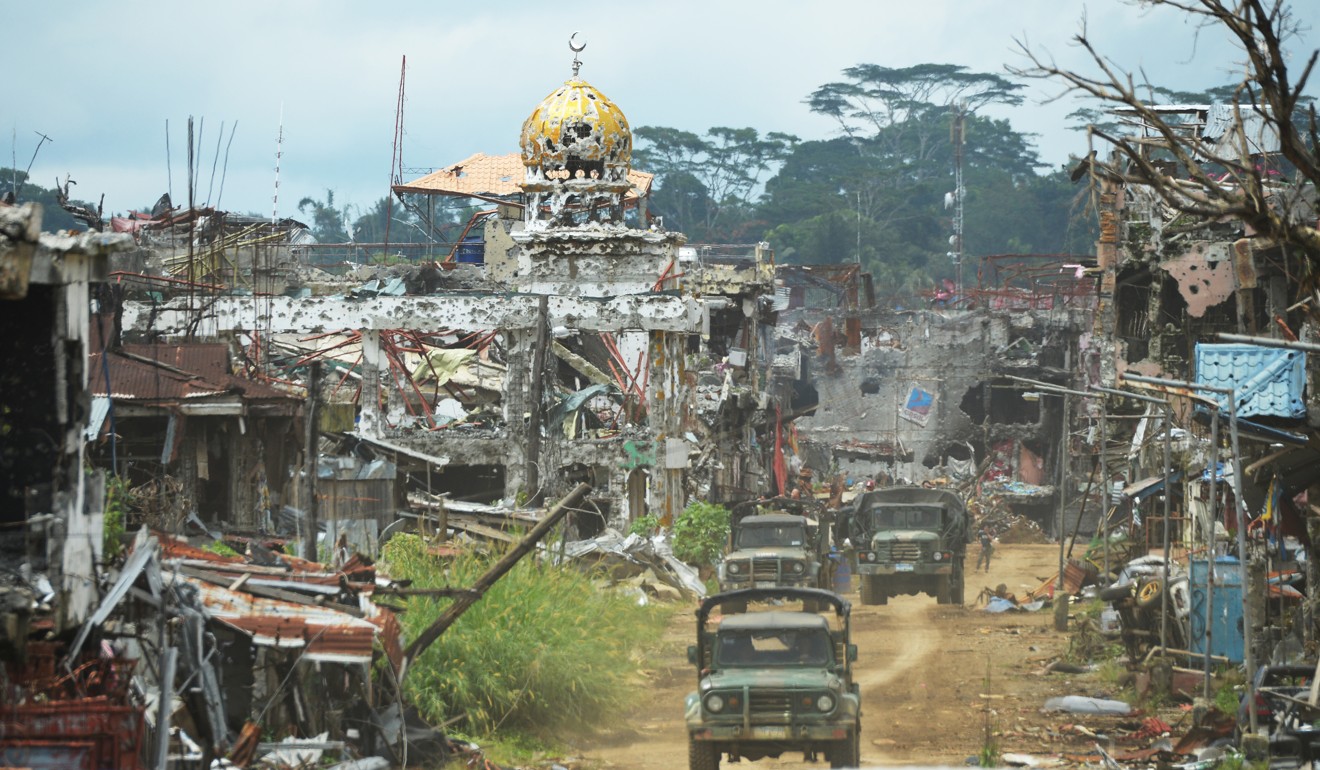
The Duterte government has regularly labelled critics as insurgents, in what some see as an attempt to crush dissent.
Even politicians, including current congresswoman France Castro, have been marked by the head of the military as active members of the NPA.
Judy Taguiwalo, Duterte’s former welfare secretary, was also accused by the president in a speech of funnelling public funds to the insurgents.
‘Abusive and absurd’: the LGBTI rights crisis unfolding before Indonesia’s elections
Duterte entered into peace negotiations with the NPA and other groups at the start of his presidency in 2016 but has more recently vowed to eschew talks in favour of “full scale war”.
Last month, Cristina Palabay, secretary general of rights group Karapatan, said the extension of martial law would shred due process and put government critics at the mercy of the military.
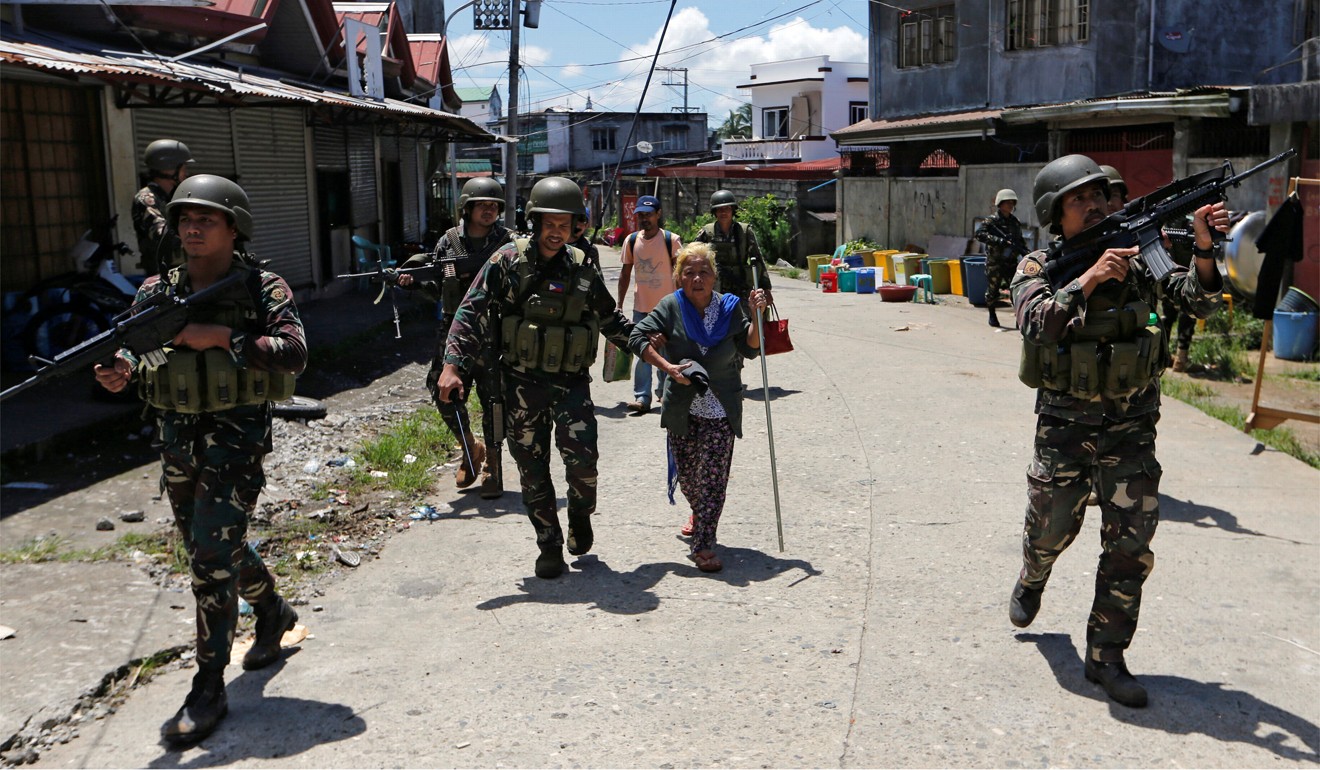
“The process of identifying targets will inevitably be arbitrary and will result in the deaths of activists and critics already red-tagged by this government and of the poor in its anti-drug campaign,” Palabay warned.
Danilo Arana Arao, an associate professor of journalism at the University of the Philippines, compared Duterte’s moves to those of former leader Ferdinand Marcos.
“This is quite reminiscent of [the] time of martial law from 1972-1986 where the more responsible journalists decided to continue, even if it meant circumventing the oppressive laws on which [the] martial law regime was based,” he said.


